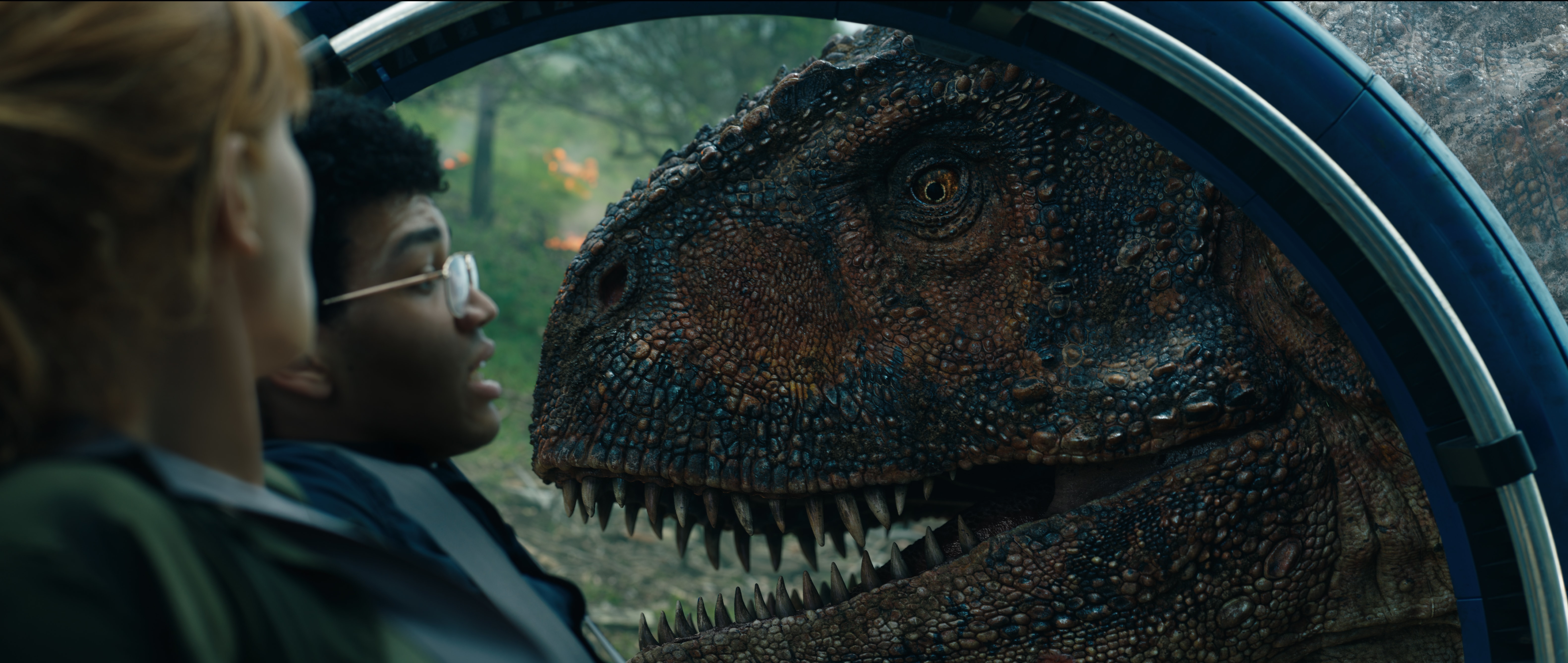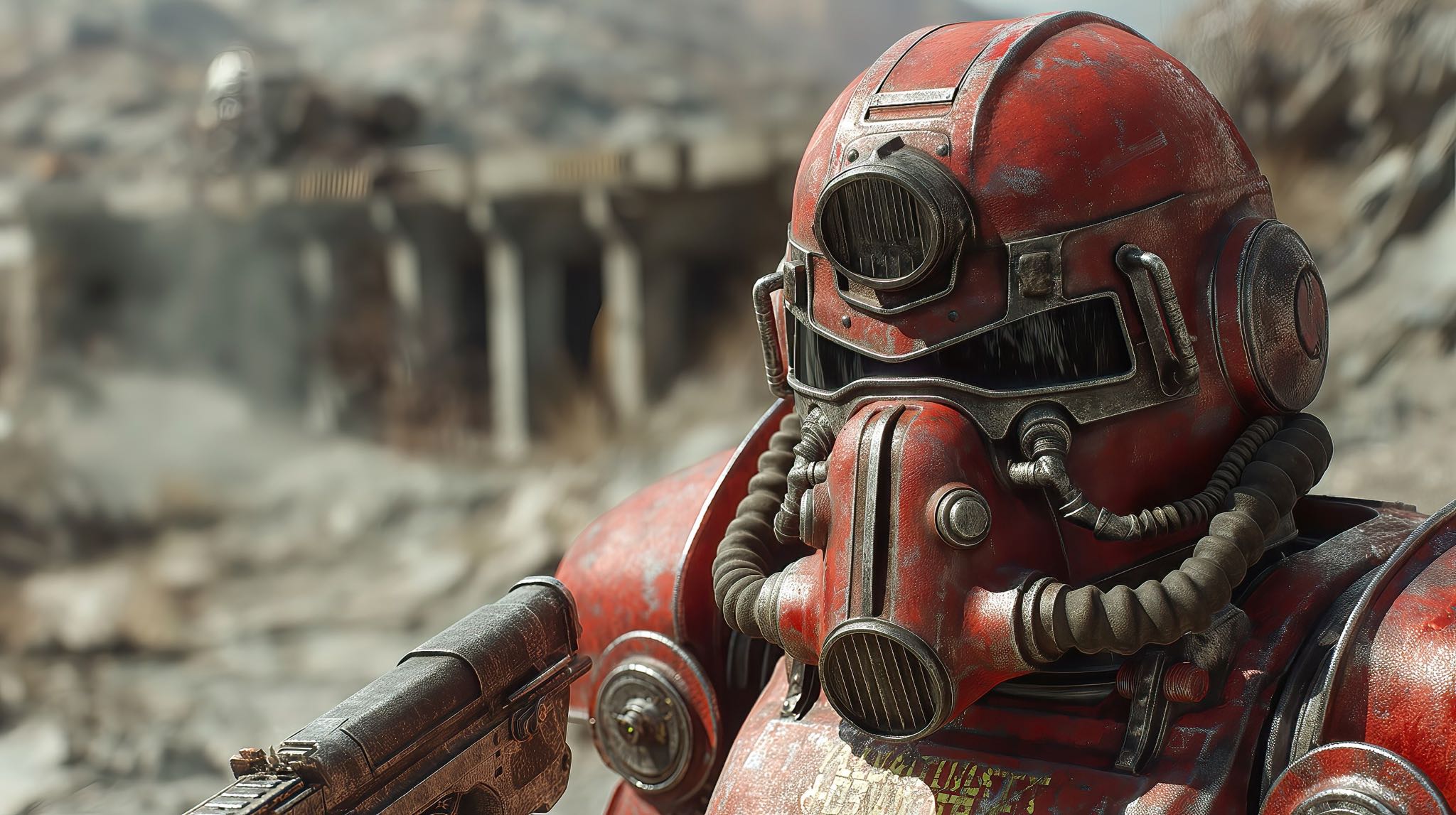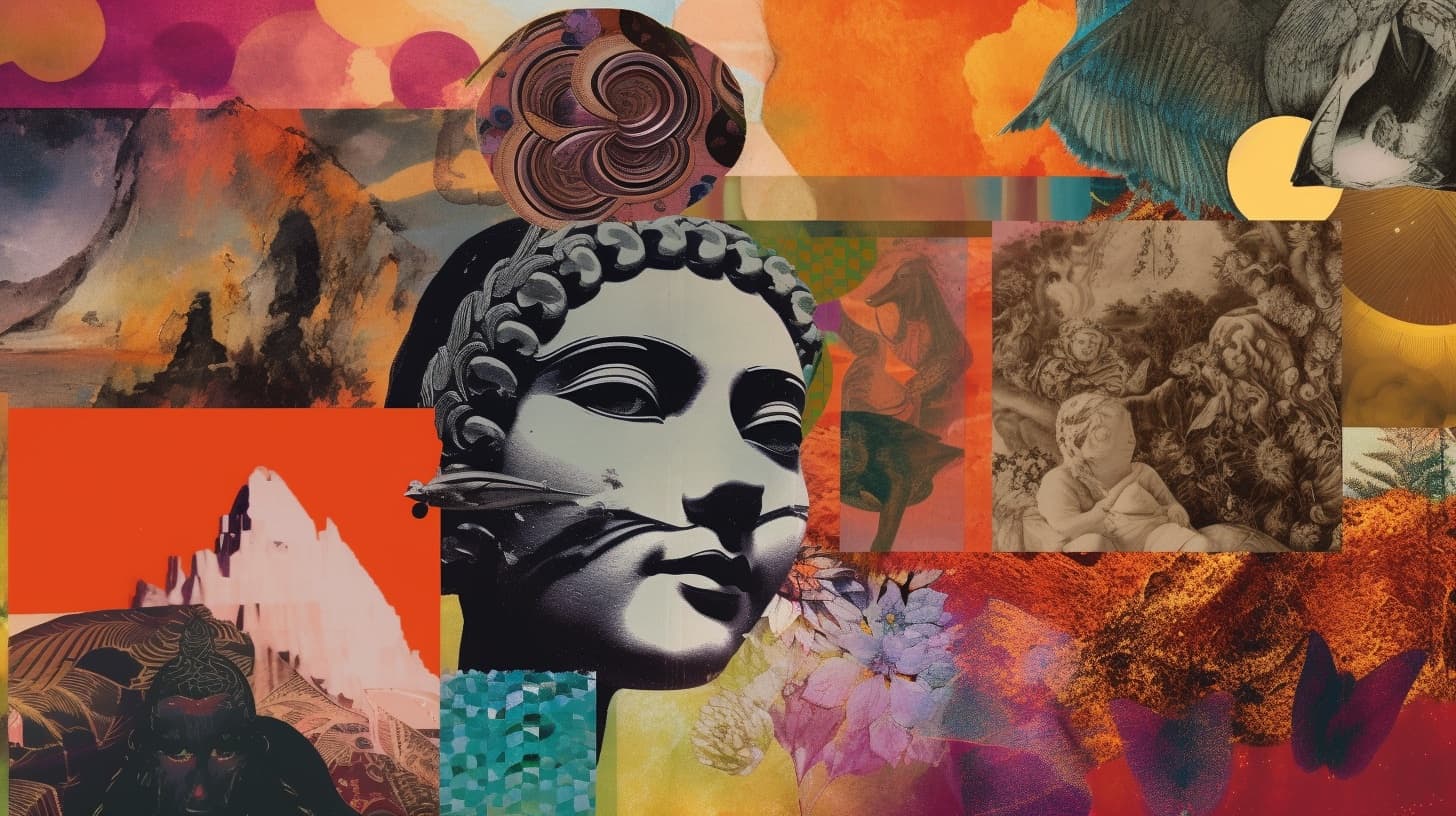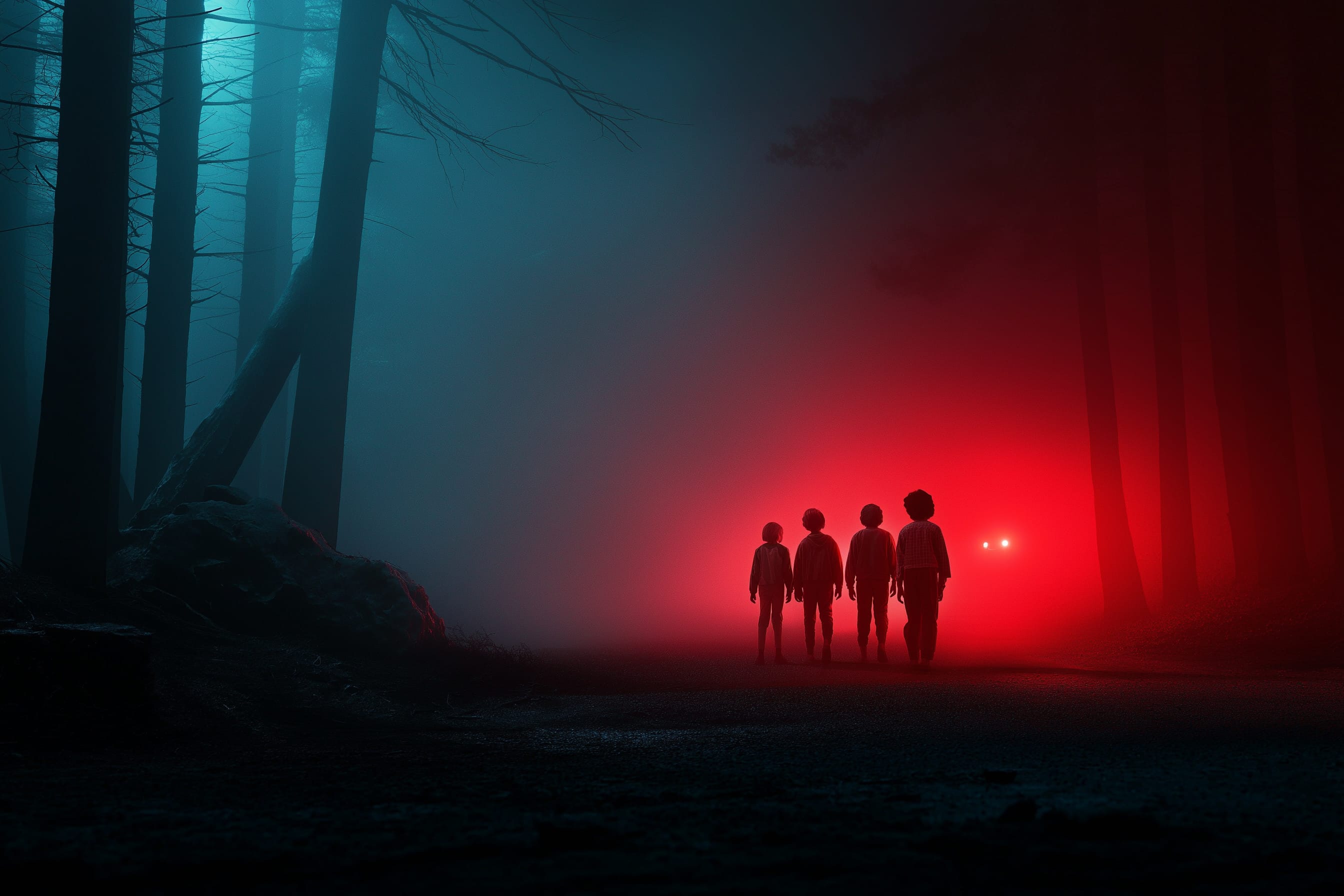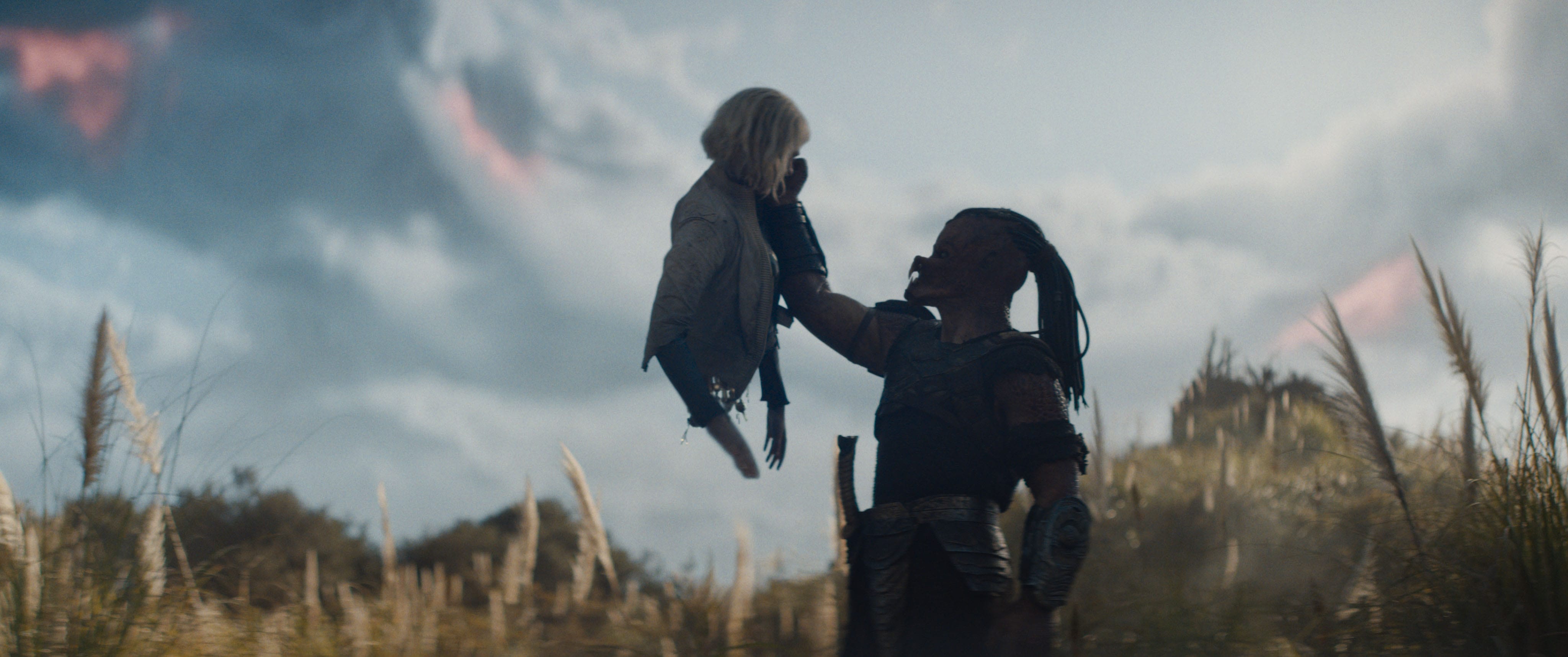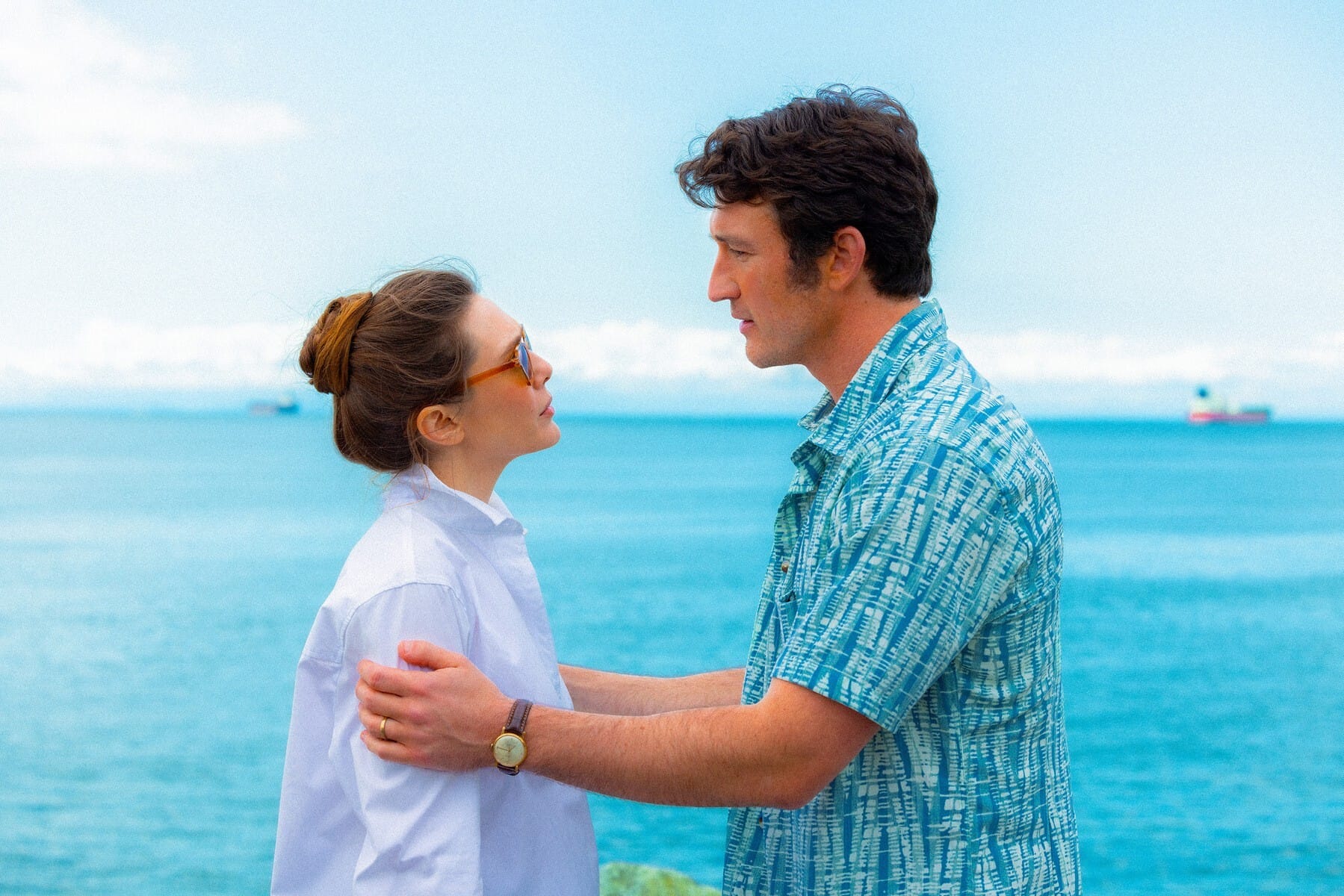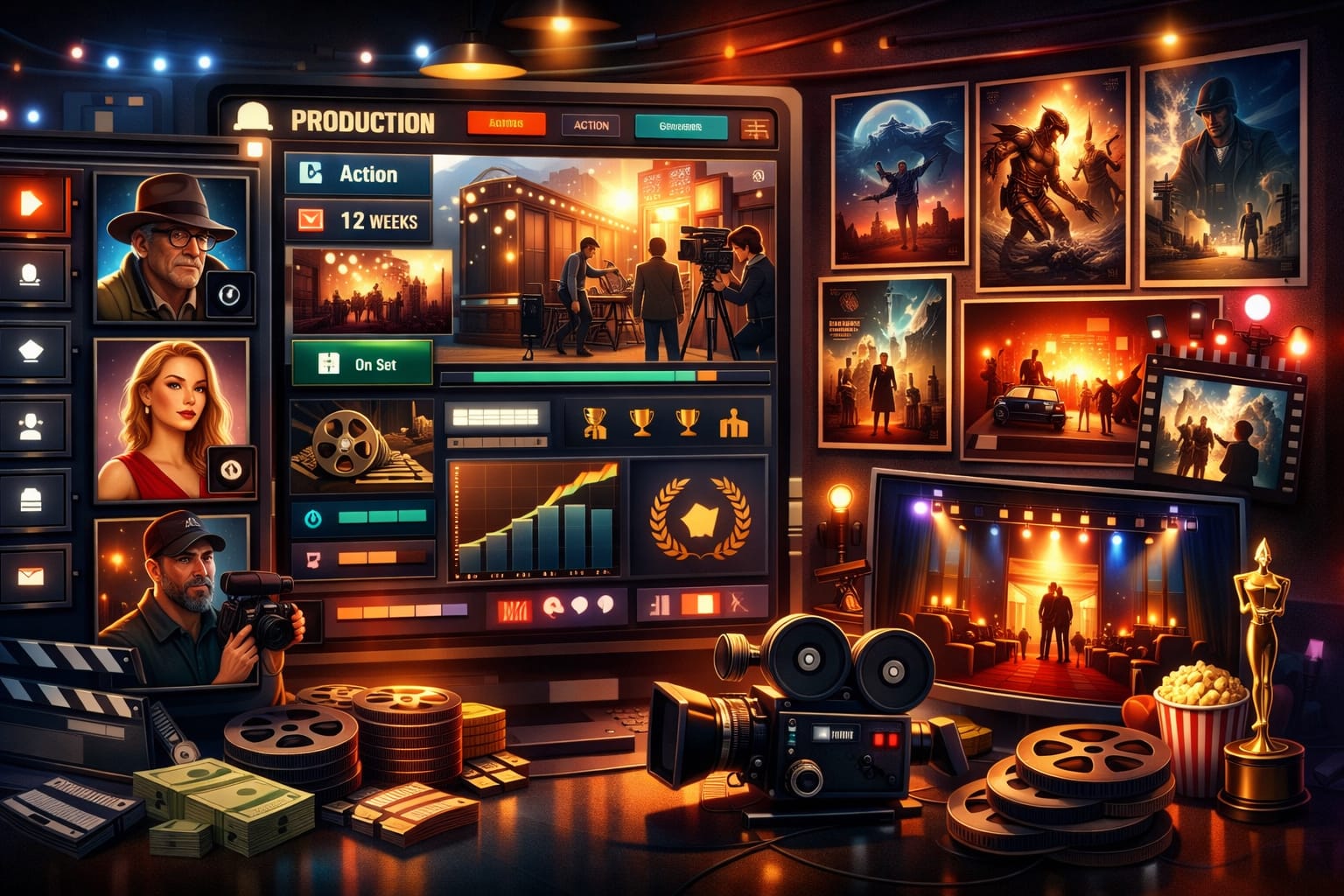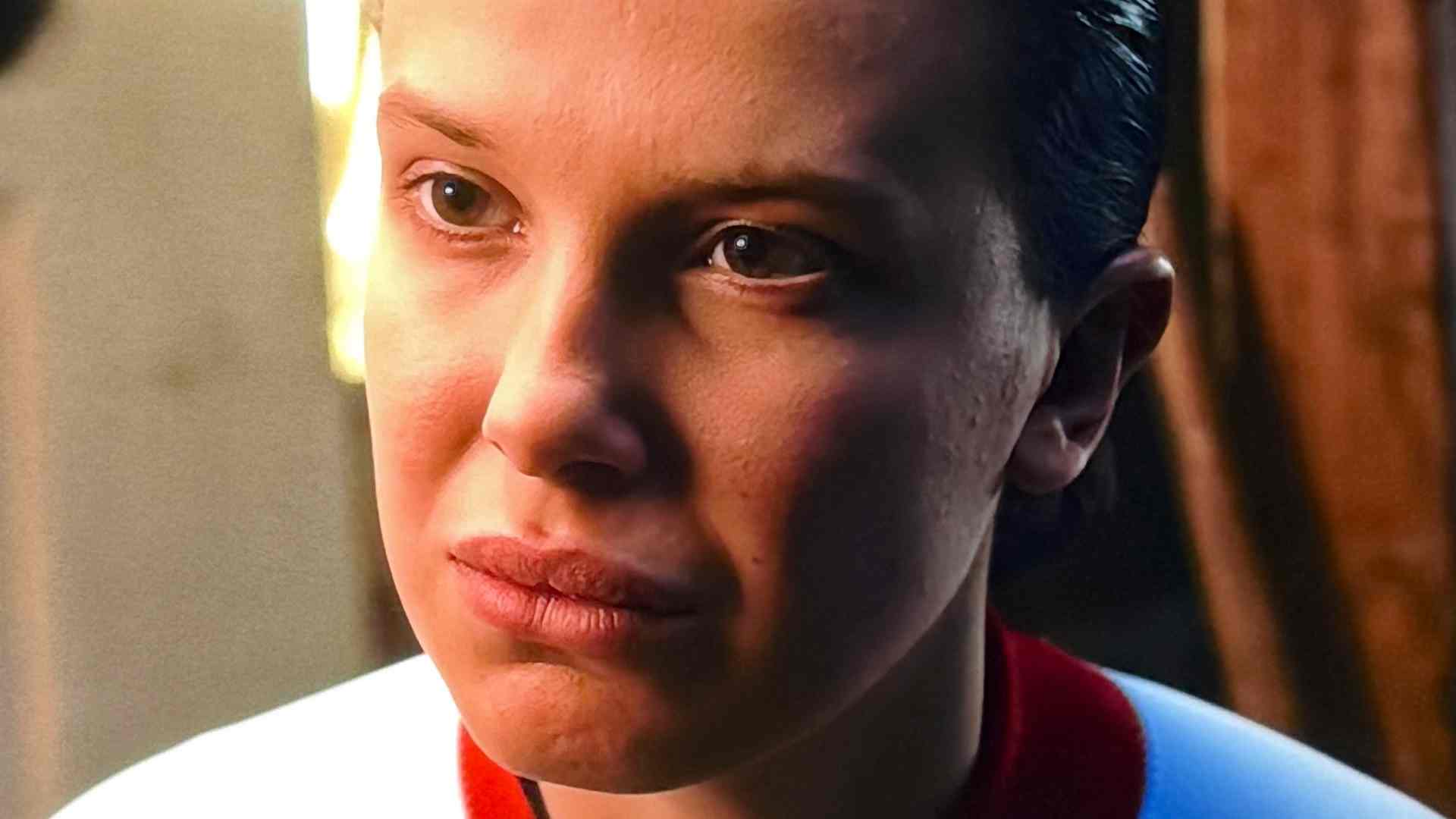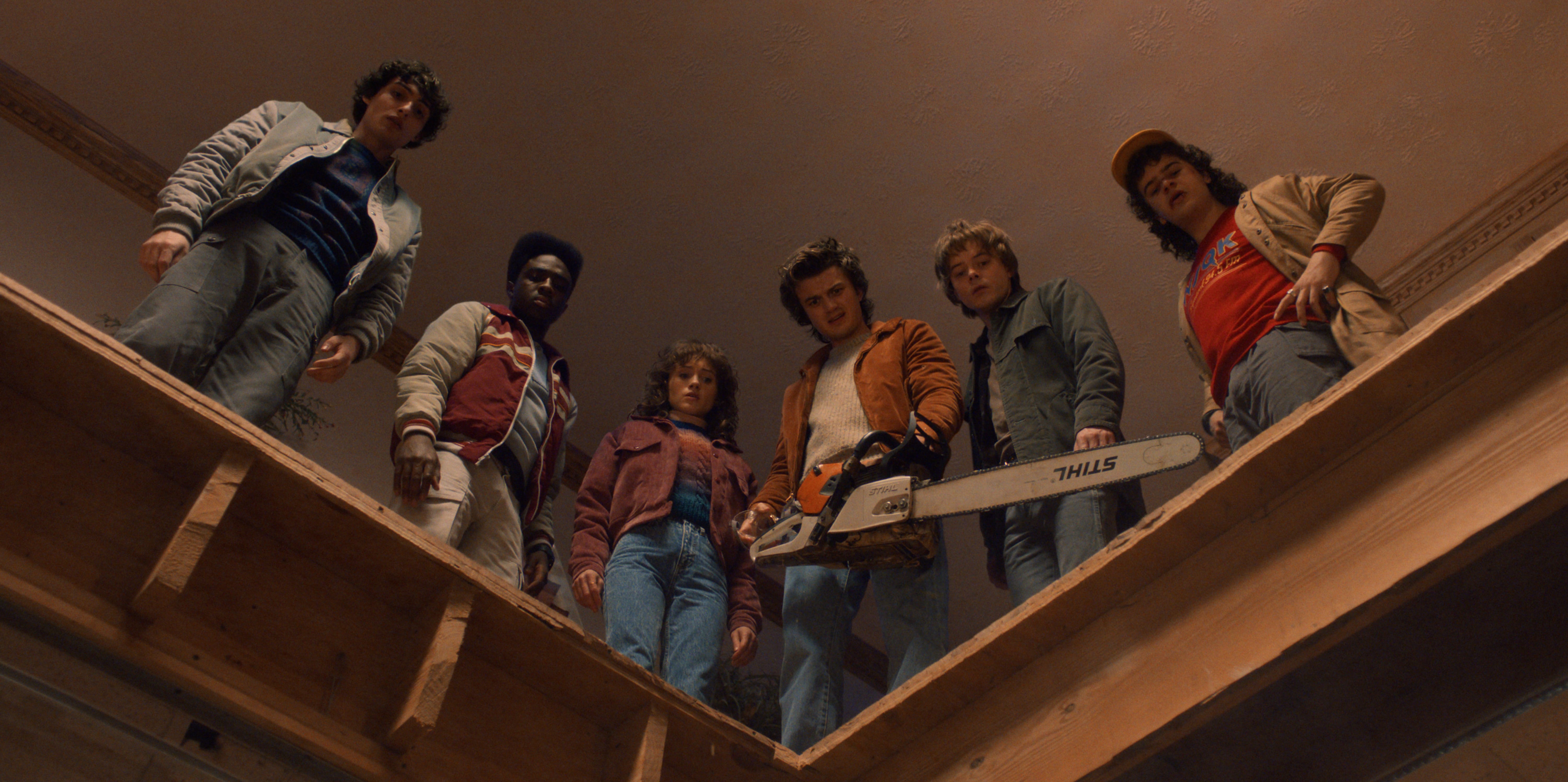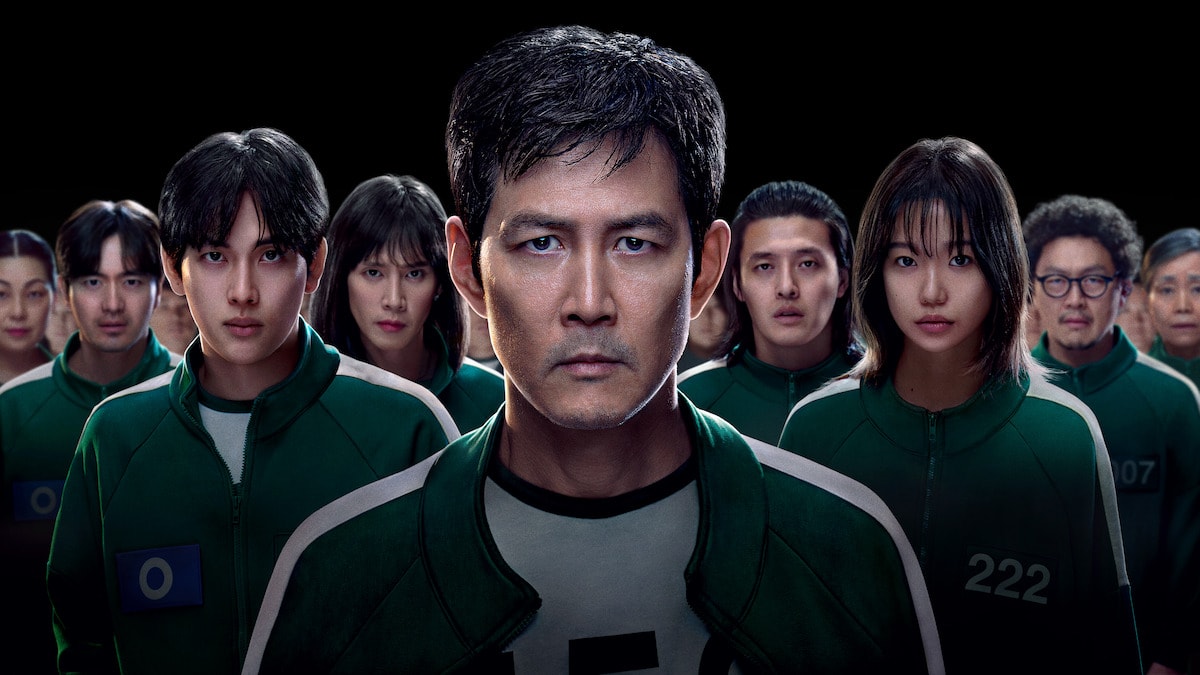
“Squid Game” Season 2: A Catastrophic Fall from Grace
Few series have captivated audiences worldwide like Netflix’s Squid Game. When the first season dropped in 2021, it was an instant cultural phenomenon—a brutal, yet compelling examination of human greed, desperation, and survival, dressed up in the blood-soaked theatrics of dystopian death games. The high-stakes narrative, the unforgettable performances (Lee Jung-jae’s Gi-hun in particular), and the morbidly inventive games elevated it beyond mere spectacle. It was raw, thrilling, and refreshingly original.
Then came Squid Game: Season 2. And what was once a taut and razor-sharp series has now devolved into a bloated, meandering shadow of its former self. If Season 1 was a precisely tuned symphony of tension and moral conflict, Season 2 feels more like a garage band hopelessly out of sync, playing with broken instruments.
A Story Without an Ending
Season 2 picks up directly where the first left off. Seong Gi-hun, emboldened by his horrifying experiences, vows to bring down the sinister cabal behind the games. It’s a logical continuation of his story, though one devoid of the urgency and emotional resonance of the original. The first major problem arises almost immediately: the season seems completely unsure of where it’s headed.
The main storyline sees Gi-hun maneuvering his way back into the games—not to win, but to dismantle the system and save as many players as he can. The setup is serviceable, if unoriginal. But the execution? It’s downright catastrophic. Instead of focusing on Gi-hun’s moral struggle or giving us a deeper understanding of the power structures behind the games, the season quickly spirals into a repetitive, directionless mess.
Worse still, the story doesn’t end. No, this isn’t a traditional cliffhanger—it’s something far more infuriating. The narrative literally stops mid-stream, with major plot threads abandoned and no resolution in sight. A second storyline vanishes without explanation. It’s the storytelling equivalent of being served an elaborate multi-course meal, only for the waiter to snatch your plate away halfway through the main course.
A cliffhanger, at its best, leaves you yearning for more. The ending of Squid Game: Season 2 simply left me staring at the screen, slack-jawed, wondering if Netflix had accidentally uploaded an incomplete cut of the series.
Recycled Ideas, Dull Execution
Part of what made the first season so captivating was the creativity of the games. They were macabre, yes, but also ingenious—each game a physical manifestation of societal inequities and childhood nostalgia twisted into terror. Season 2 attempts to recapture this magic, but fails miserably.
Many of the games are either rehashed from Season 1 or watered-down imitations. The few new additions are shockingly uninspired, lacking the tension or cleverness that made the original series so addictive. The games in Season 2 feel less like cruel puzzles testing the characters’ wits and willpower, and more like perfunctory set pieces. Even the signature violence—a morbid draw for many viewers—is dulled by sloppy pacing and predictable outcomes. There’s no shock, no thrill, no fun.
Characters Reduced to Cardboard
One of the great strengths of the first season was its rich, layered characters. Even the most minor players felt like fully realized individuals, their backstories and motivations adding depth to the carnage. Season 2, by contrast, offers us little more than hollow caricatures.
Seong Gi-hun, so compellingly portrayed by Lee Jung-jae in Season 1, is reduced to a one-dimensional crusader. His moral conflict, a key element of his character arc, is largely absent, replaced by bland heroics and repetitive monologues about justice. The new characters fare even worse. Most are underdeveloped, existing solely to be cannon fodder for the games. And their decisions? Utterly baffling. Time and time again, characters make choices so inexplicably stupid that they defy all logic and reason, undermining any sense of stakes or realism.
A Visual Downgrade
Visually, Season 2 retains some of the striking production design that made the first season so memorable. The color palette of pastel pinks and greens, the sterile geometry of the game arenas, and the unsettling juxtaposition of childhood imagery with brutal violence are all present. But even here, the novelty has worn off.
Where Season 1 felt fresh and imaginative, Season 2 feels like a hollow imitation of itself. The cinematography lacks the precision and creativity of the original. Action scenes are clumsily staged, with none of the visceral impact that defined the first season’s set pieces. The pacing, too, is a mess, with scenes dragging on far too long or cutting off abruptly.
The Death of Subtext
One of the most glaring failures of Season 2 is its lack of thematic depth. The first season resonated because it was more than just a blood-soaked spectacle; it was a scathing critique of capitalism and inequality, exploring how desperation drives people to dehumanizing extremes. Season 2, by contrast, has nothing new meaningful to say.
There are brief attempts to delve into themes of rebellion and collective action, but these ideas are half-baked at best. The season’s broader message—if it even has one—is muddled and incoherent.
A Series in Freefall
Ultimately, Squid Game: Season 2 is a catastrophic misstep. What made the first season so electrifying—the inventive games, the complex characters, the biting social commentary—has been stripped away, leaving behind a bloated, directionless mess. It’s almost grotesque to see such a once-promising series fall so far.
For a show that broke records and redefined what global television could achieve, this second outing feels like a betrayal of its own legacy. It’s not just a disappointment—it’s an insult to the audience that made Squid Game a cultural phenomenon.
As I sat through the final, unresolved moments of Season 2, I couldn’t help but feel cheated. Netflix and creator Hwang Dong-hyuk have taken one of the most exciting series of the decade and driven it off a cliff. What we’re left with is the wreckage—a bitter reminder of what could have been.
If there’s a Season 3, I can only hope it finds a way to redeem this travesty. But after this debacle, I wouldn’t blame fans for walking away altogether.

 By Jakob Montrasio
By Jakob Montrasio 